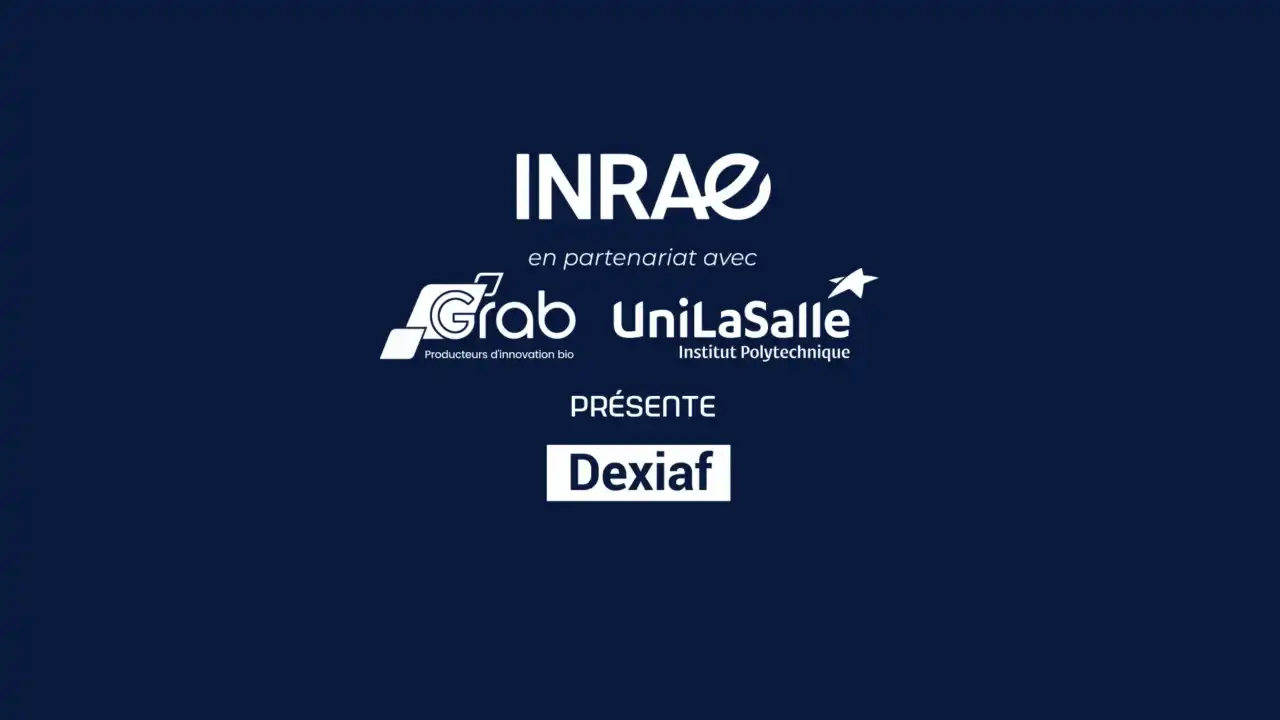SIVAL de Bronze: INRAE presents Dexiaf

Agroforestry systems represent a promising agricultural alternative, offering numerous ecological and economic benefits. However, these systems are complex agroecological systems, in particular because of their perennial and multi-production characteristics. They therefore require a major design effort, and it is difficult for farmers to assess their overall performance before planting them.
The DEXiAF tool was developed in response to this problem. This open-access tool, co-constructed by INRAE, GRAB and UniLasalle, provides a qualitative assessment of the sustainability of agroforestry system prototypes before they are planted. Based on DEXi technology, DEXiAF integrates both expert knowledge and a wide range...
Agroforestry systems represent a promising agricultural alternative, offering numerous ecological and economic benefits. However, these systems are complex agroecological systems, in particular due to their perennial and multi-production characteristics. They therefore require a major design effort, and it is difficult for farmers to assess their overall performance before planting them.
The DEXiAF tool was developed in response to this problem. This open-access tool, co-constructed by INRAE, GRAB and UniLasalle, provides a qualitative assessment of the sustainability of agroforestry system prototypes before they are implemented. Based on DEXi technology, DEXiAF integrates expert knowledge and multiple references, including MASC, INDIGO and LCA methods.
The user enters 87 criteria describing the farming context, marketing methods, biodiversity, water management, layout and links to society. The DEXiAF model then aggregates the data entered according to predefined rules, producing an overall sustainability score.
This tool is part of a holistic approach, encouraging agroforestry project developers to consider the three dimensions of sustainability during the design phase: environmental, economic and social.
In addition to calculating the performance of prototypes, DEXiAF generates a scorecard that identifies the strengths and weaknesses of the agroforestry systems designed. By comparing prototypes, DEXiAF assists in the choice of design, management and valorization. Last but not least, DEXiAF offers considerable educational potential for raising awareness of sustainability and agroforestry, a promising agricultural alternative offering numerous ecological and economic benefits to farmers. DEXiAF is easy to use and requires little time on the part of the farmer.